Philosophy and Culture
Our lab’s philosophy is to think creatively and experiment rigorously.
The initial creative processes of problem solving and hypothesis testing are among the most exhilarating moments we experience in science. But it’s as equally important to troubleshoot annoying technical issues, do deep dives into data analysis, and reproduce our experiments (and then reproduce them again). These latter bits can contribute to the frustration, fatigue, and burn-out that we often hear about in academia. To help manage this cycle of highs-and-lows, we believe it’s important to keep in mind the following principles:
Don’t stress out over getting “scooped”.
Good science is good science, regardless of where it is published. We aim to share our science in the most impactful journals as possible, but it is more important that our science holds up to our own internal standards.
Collaborate!
Science is not a one-person show. Both your research and your daily life will be better if you have fun teammates to work with. Learn to find the balance, because it is also essential to safeguard your time and say no at times.
Spend time to brainstorm.
Sometimes we need to step away from the bench to gain clarity on a problem. Remember that new ideas can be sparked while listening to a talk outside of your field, or while you are out spending time on a hobby.
Our lab’s culture supports diversity, self-motivation, and transparency.
We value scientists from all backgrounds and identities. Some of us may have known from a young age that we were interested in science, while others may have switched over recently. Each individual brings unique knowledge and expertise. We have a nonhierarchical culture where all lab members are equally respected.
Every person works at a different pace and at different hours. Try not to compare the hours you spend physically in the lab with those around you. Focus more on your own scientific progress. Are you spending enough time in lab to accomplish your goals? Are you spending your time wisely when you are in the lab?
Open communication with your peers and with your PI is key for a healthy lab culture. Being transparent about authorship, project ownership, and equipment/space needs can help avoid future conflicts. When conflicts do occur, try to resolve them quickly through dialogue and compromise.
